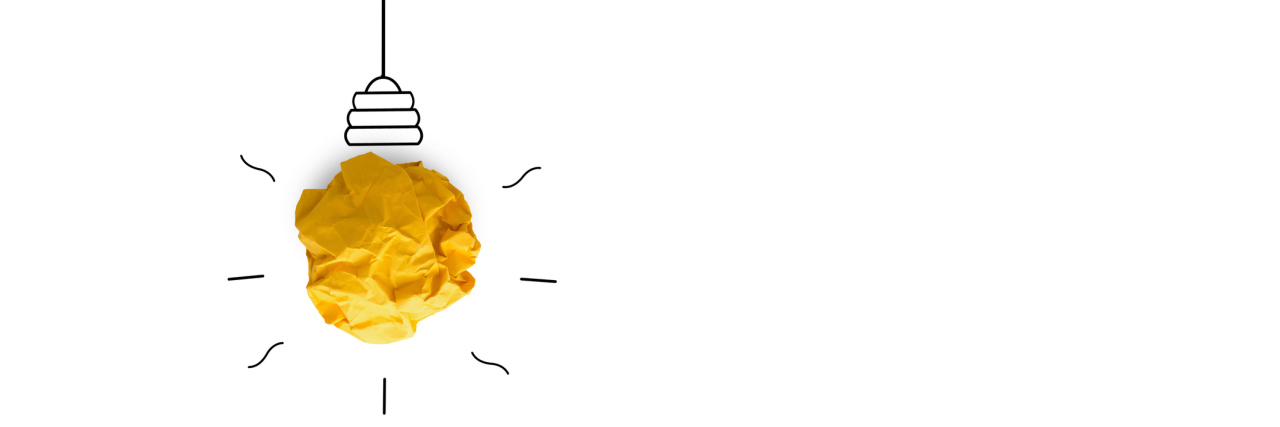We Americans are success-oriented, and we loathe failure. But I’ve been wondering if getting better at failure might allow us to become stronger in ways that success never could.
Everyone knows how good it feels when you succeed at something you’ve worked hard for. I felt proud when I accepted a baccalaureate degree magna cum laude after long years of hard work, for instance. But the following year, after I failed at something and realized that experience taught me far more than success ever did, I began to think about failure and growth differently.
Rather than look at failure as a risk taken in order to grow, we see it as a stopping point, an end. But what if we looked at failure as the beginning of success?
I’ve learned that if I fail, it doesn’t necessarily mean that I’ve been unsuccessful permanently. Instead, it may mean that I didn’t try hard enough, I didn’t try the right things, or talk to the right people, or — well, you get the idea. It’s not uncommon for addicts in recovery to try several times to stop using. Usually, the lessons they learn the first time they try, they’re able to put to good use the second and third times. Eventually, many find what they need to stop.
I began to wonder if failure strengthens us at the weak points, much like tempering. Tempering is a heat-treating process used to increase the toughness of iron-based alloys and in glassmaking as well. Doesn’t failure strengthen us at our weak points, too?
I thought about when I make jewelry — do I feel bad when the first few choices of beads don’t work in a particular necklace? No. I just grab some more and keep playing around until I think it “works.” Why don’t we feel that way when we fail at something in life — when a relationship ends, when we don’t get that promotion, whenever we try something and don’t get it right the first time?
What if we looked at failure as a prelude to accomplishment?
Failure in a life with chronic illness may mean you may have to trudge yourself and your records to a multitude of doctors and alternative health practitioners before you find one that “gets it.” You may have to wait months or years for significant improvement. You might have to struggle with loneliness, anger, self-doubt, isolation, bafflement and depression. But (except for the trudging to the doctor thing), so do people without chronic illness.
None of us gets off scot-free; we all have our burdens to bear. But it’s interesting to me that when you begin to see those burdens as just a part of life, they become much less burdensome.
Getty Image by lovelyday12

